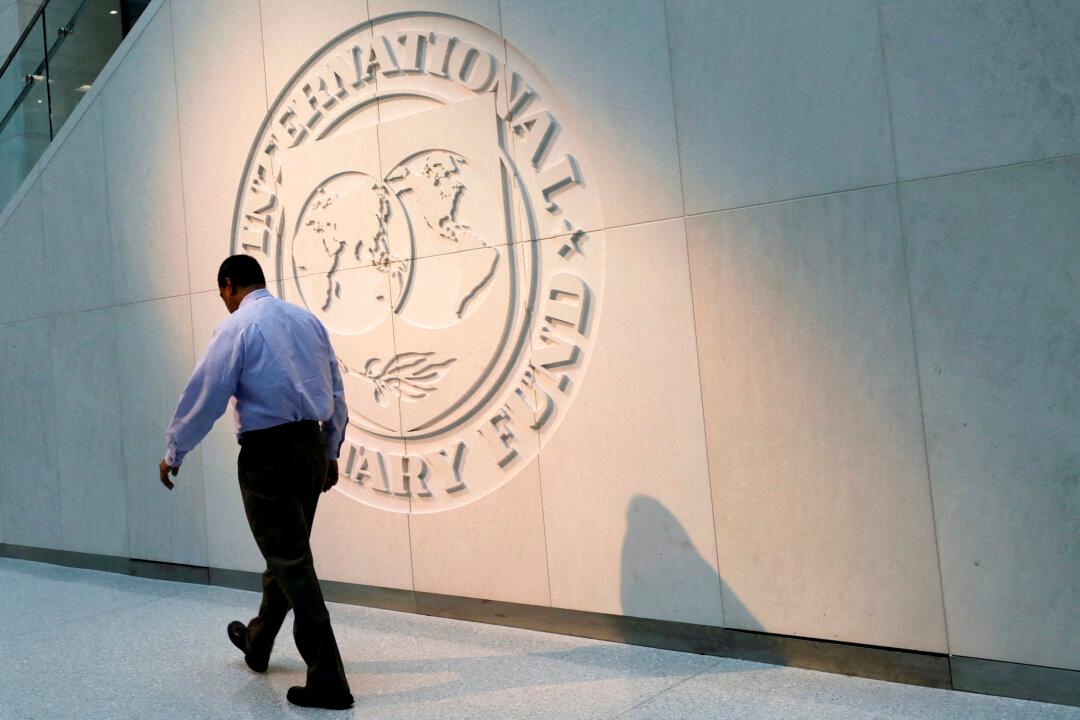As the latest International Monetary Fund (IMF) report reveals Australia is lagging in its battle against inflation, Shadow Treasurer Angus Taylor described it as “just another indicator” of the government’s shortcomings.
“We’re at the back of the pack in dealing with inflation. But we don’t need reports to know that, even though they are telling us that.”





